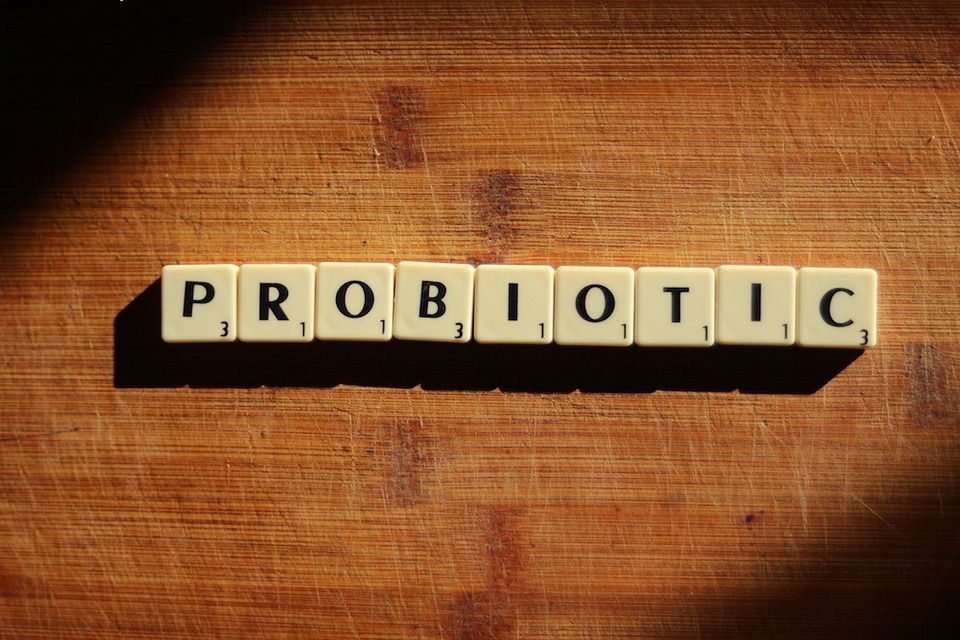As pet owners, we want to ensure that our furry friends are healthy and happy. One way to support our pets’ health is by incorporating probiotics into their diet. Probiotics are beneficial bacteria that can help improve digestive health, support the immune system, and alleviate a range of health issues in pets. In this guide, we’ll explore the connection between probiotics and pet health, as well as the potential benefits and risks.
The Gut-Pet Connection
The gut is an important part of overall health for both humans and pets. The gut microbiome is a collection of bacteria, fungi, and other microorganisms that live in the digestive system. These microorganisms play a key role in digestive health and immune function.
When the gut microbiome is imbalanced, pets can experience a range of health issues, including digestive problems, allergies, and immune disorders. Probiotics can help restore balance to the gut microbiome and support optimal pet health.
How Probiotics Can Benefit Pets
Probiotics can benefit pets in a number of ways. Here are some of the potential benefits of probiotics for pets:
Improved Digestive Health
Probiotics can help improve digestive health in pets by promoting the growth of beneficial bacteria in the gut. This can improve the absorption of nutrients and reduce the risk of digestive issues like diarrhea and constipation.
Stronger Immune System
The gut microbiome plays a key role in immune function, and probiotics can help support a healthy immune system in pets. By promoting a healthy gut microbiome, probiotics can help reduce the risk of infections and other immune-related health issues.
Reduced Allergies
Pets can develop allergies to a range of environmental and dietary triggers. Probiotics can help reduce the severity of allergies by reducing inflammation and promoting a healthy immune system.
Improved Oral Health
Probiotics can also benefit pets’ oral health by reducing the risk of gum disease and bad breath. Studies have shown that probiotics can reduce the amount of harmful bacteria in the mouth and improve overall oral health.
Risks of Probiotics for Pets
While probiotics are generally safe for pets, there are some potential risks to be aware of. These include:
Gastrointestinal Issues
In some cases, probiotics can cause gastrointestinal issues, such as bloating, gas, and diarrhea. It’s important to introduce probiotics gradually and monitor your pet’s reaction.
Interference with Medications
Probiotics can interact with certain medications, such as antibiotics. If your pet is taking any medications, talk to your veterinarian before starting a probiotic supplement.
Choosing the Right Probiotic Supplement for Pets
When choosing a probiotic supplement for your pet, there are several factors to consider. Here are some of the most important factors to keep in mind:
Strain Diversity
Different strains of probiotics have different health benefits. Look for a probiotic supplement that contains a variety of strains to ensure that your pet is getting a range of health benefits.
CFUs
CFUs, or colony-forming units, indicate the number of viable bacteria in a probiotic supplement. Look for a supplement that contains an appropriate amount of CFUs for your pet’s size and health needs.
Quality
Look for a probiotic supplement from a reputable manufacturer that uses high-quality ingredients and follows good manufacturing practices.
Delivery Method
Probiotic supplements come in many different forms, including capsules, tablets, and powders. Choose a delivery method that works best for your pet and is easy to incorporate into their daily routine.
Allergens
If your pet has any food allergies or sensitivities, make sure to check the ingredients list of the probiotic supplement to ensure that it does not contain any allergens.
Probiotic-Rich Foods for Pets
In addition to probiotic supplements, there are many probiotic-rich foods that can benefit pets. Here are some of the best probiotic-rich foods for pets:
Yogurt
Yogurt is a great source of probiotics for pets. Make sure to choose a plain, unsweetened variety and introduce it gradually to avoid digestive upset.
Kefir
Kefir is a fermented milk drink that is similar to yogurt. It is made by adding kefir grains, which contain a combination of bacteria and yeast, to milk. The fermentation process produces a tangy, slightly carbonated drink that is high in probiotics.
Fermented Vegetables
Fermented vegetables, such as sauerkraut and kimchi, are also high in probiotics. Make sure to choose varieties that do not contain any harmful ingredients or spices.
Conclusion
Probiotics can be a valuable addition to your pet’s diet, providing a range of health benefits from improved digestive health to a stronger immune system. When choosing a probiotic supplement, consider factors such as strain diversity, CFUs, quality, delivery method, and allergens.







